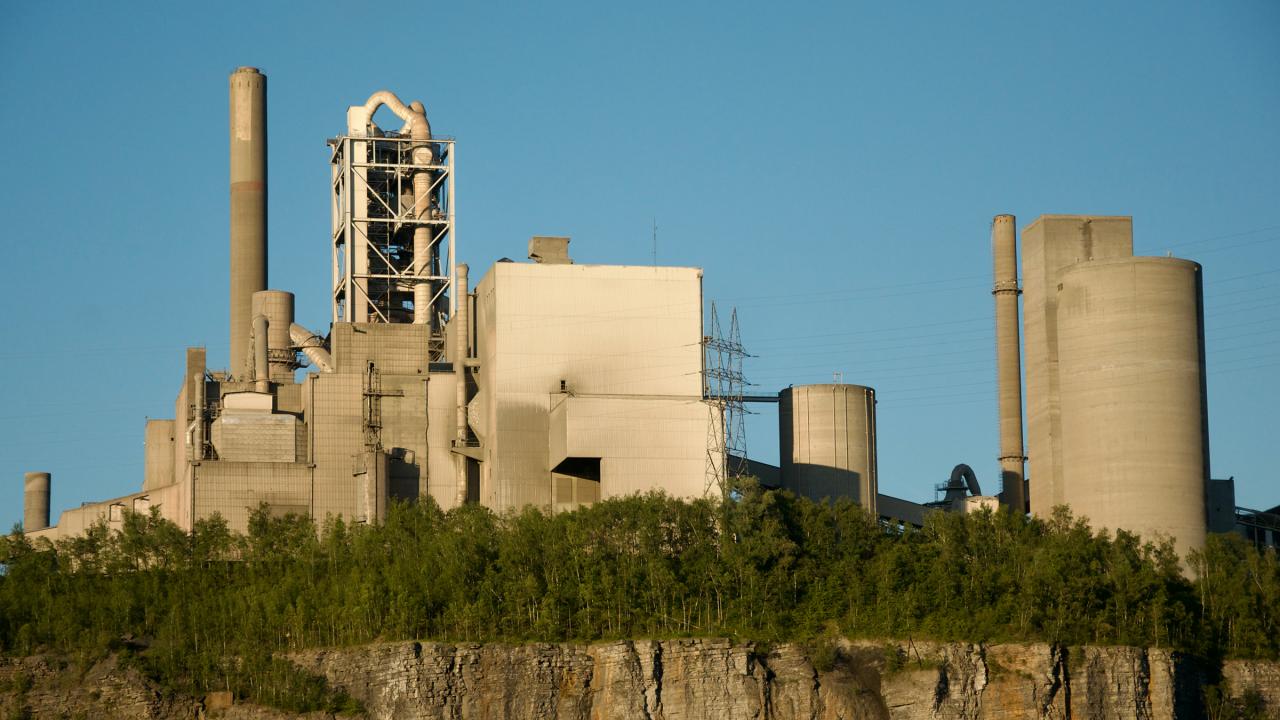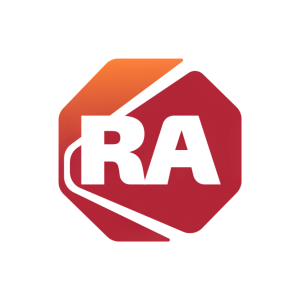Tighter Process Control Lowers Energy Consumption and Process Variability
Rockwell Automation (NYSE: ROK) announced the success of its model predictive control solution in aiding Compagnie des Ciments Belges SA (CCB), part of Cementir Holding, in its sustainability efforts. This solution forms a key part of CCB’s 10-year roadmap to cut CO2 emissions by 2030. The program includes fossil fuel replacement, low-carbon cement development, and digitalization of manufacturing and maintenance processes. Over two months, the solution reduced energy consumption by 6% and boosted production rates by 8.5%, both exceeding targets.
- The model predictive control solution reduced energy consumption by 6%, surpassing the 3% target.
- Production rates increased by 8.5%, exceeding the 3% goal.
- None.
Insights
The reduction in energy consumption by 6% at two cement mills, outpacing the target of 3%, is a significant achievement that can positively impact the company's bottom line. Energy costs are a considerable part of operational expenses for cement producers and this reduction suggests notable cost savings. Additionally, a production rate increase of 8.5%, surpassing the 3% target, can lead to higher revenues without a proportional increase in costs, improving profit margins. These performance improvements indicate that the investment in Rockwell's model predictive control solution is paying off more than expected. For retail investors, this means potential for higher earnings and dividends in the future, which may result in stock price appreciation.
However, it's essential to consider the broader market environment and potential economic downturns, which could affect demand for construction materials, including cement. Investors should stay informed about the ongoing implementation of these digital solutions and any further performance gains reported by CCB.
CCB's 10-year roadmap aiming to significantly reduce CO2 emissions by 2030 reflects the cement industry's growing commitment to environmental sustainability. The transition from fossil fuels to alternative energy sources, combined with the development of low-carbon cement, shows proactive steps towards a greener future. This aligns with global trends and regulatory pressures to lower carbon footprints and can enhance the company's reputation and attractiveness to environmentally conscious investors.
Furthermore, the integration of digitalization in manufacturing and maintenance processes can lead to more precise control and efficiency, reducing waste and further lowering emissions. From a long-term perspective, these initiatives can mitigate regulatory risks and position CCB as a leader in sustainable practices, potentially opening doors to new markets and customer segments that prioritize sustainability in their procurement decisions.
NORTHAMPTON, MA / ACCESSWIRE / July 10, 2024 / Driven by a new major sustainability program, a model predictive control solution from Rockwell Automation (NYSE:ROK) is helping a leading global cement producer spearhead process digitalization efforts.
Compagnie des Ciments Belges SA (CCB), part of Cementir Holding group - a multinational building solutions company and global leader in white cement - is examining its processes with the goal of becoming more sustainable. It has formulated an ambitious roadmap to significantly reduce CO2 emissions by 2030. The Group's 10-year roadmap includes the replacement of fossil fuels, the development of a new low-carbon cement, and several investments in sustainable development, coupled with the digitalization of manufacturing, maintenance, inventory, and spare-parts management processes in all its factories.
At two cement mills over two months, the Rockwell-installed solution helped reduce energy consumption by
Learn more about how digitalization is helping to drive new control targets to reduce process variability, improve performance, and boost efficiency.

Driven by new major sustainability program, Rockwell's model predictive control solution spearheaded process digitalization efforts.
View additional multimedia and more ESG storytelling from Rockwell Automation on 3blmedia.com.
Contact Info:
Spokesperson: Rockwell Automation
Website: https://www.3blmedia.com/profiles/rockwell-automation
Email: info@3blmedia.com
SOURCE: Rockwell Automation
View the original press release on accesswire.com







